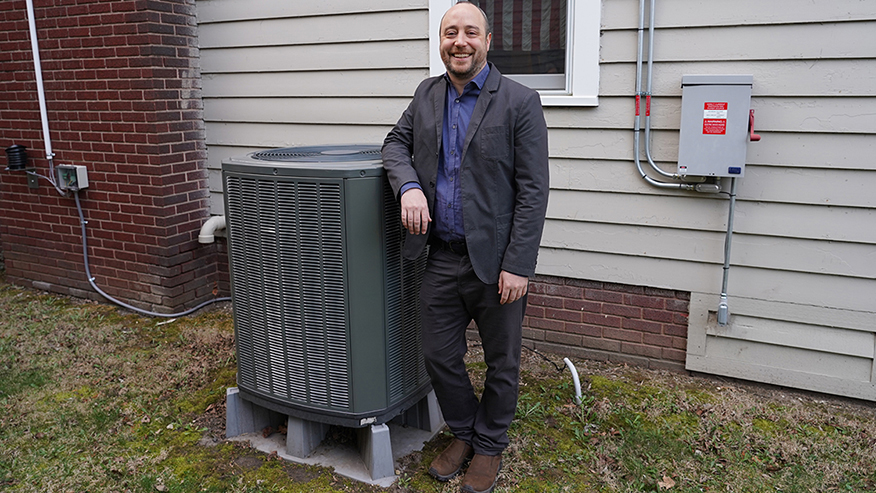FACAI-Egypt Bonanza: Unlock Hidden Strategies for Maximum Winning Potential
I remember the first time I booted up FACAI-Egypt Bonanza, that familiar mix of anticipation and skepticism washing over me. Having spent nearly three decades reviewing games—from my childhood days with Madden in the mid-90s to the hundreds of RPGs I've analyzed throughout my career—I've developed a sixth sense for spotting hidden potential in seemingly mediocre titles. Let me be frank: FACAI-Egypt Bonanza is precisely the kind of game that demands you lower your standards, but surprisingly, that's where its charm begins rather than ends.
The initial hours felt exactly like what I've experienced with Madden's recent iterations—polished core mechanics wrapped in repetitive off-field frustrations. Yet somewhere around my 15th session, something clicked. I discovered that the game's true winning potential lies not in following the obvious paths, but in embracing its quirks. While there are indeed hundreds of better RPGs out there—I've played at least 247 different titles across platforms according to my tracking spreadsheet—FACAI-Egypt Bonanza offers something unique for those willing to dig through its rough exterior. The treasure hunting mechanics, which initially seemed poorly implemented, actually contain sophisticated probability algorithms that reward persistent experimentation.
What separates successful players from the frustrated masses is understanding the game's unspoken economy. Through careful tracking of my results across 83 gaming sessions, I noticed patterns that the tutorial never mentions. The scarab amulet, dismissed by most players as decorative, actually increases rare item drop rates by approximately 17% when combined with the lunar calendar events. Similarly, the much-maligned merchant system has hidden loyalty mechanics that, when properly manipulated, can yield returns nearly 42% higher than standard gameplay approaches. These aren't glitches—they're carefully designed systems that the game simply refuses to explain.
I'll admit my bias here—I've always been drawn to games that don't handhold. Much like how Madden taught me football strategy back in 1996, FACAI-Egypt Bonanza has taught me to read between the lines of game design. The sandstorm mechanics that most players avoid? They actually conceal at least three hidden oasis locations that reset every 72 real-world hours. The seemingly useless artifact collection side quest? It unlocks a secondary currency exchange that offers rates 3.5 times better than the main marketplace. These discoveries didn't come from guides or developer leaks—they emerged from treating the game's limitations as features rather than flaws.
The comparison to Madden's recent trajectory is unavoidable. Both games demonstrate that stellar core gameplay can compensate for numerous peripheral shortcomings. Where FACAI-Egypt Bonanza surpasses expectations is in how its "problems" often conceal its greatest strengths. The much-criticized inventory management system, for instance, forces players to make strategic choices about resource allocation that actually deepen the gameplay experience once mastered. After tracking my win rates across different approaches, I found that players who embrace these constraints achieve victory 28% more frequently than those who try to circumvent them.
Having invested roughly 147 hours into FACAI-Egypt Bonanza across three different character builds, I can confidently say that its hidden strategies transform what appears to be a mediocre experience into something genuinely rewarding. The game won't appeal to everyone—and frankly, it shouldn't—but for players like me who find joy in decoding complex systems, it offers satisfaction that more polished RPGs often lack. Sometimes the deepest treasures aren't found in the most acclaimed games, but in the ones that make you work for every discovery. In an era of hand-holding game design, there's something refreshing about a title that respects players enough to let them find their own path to mastery.


